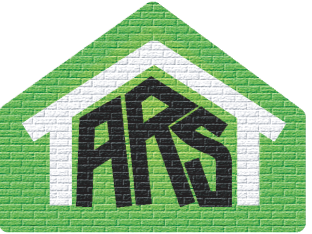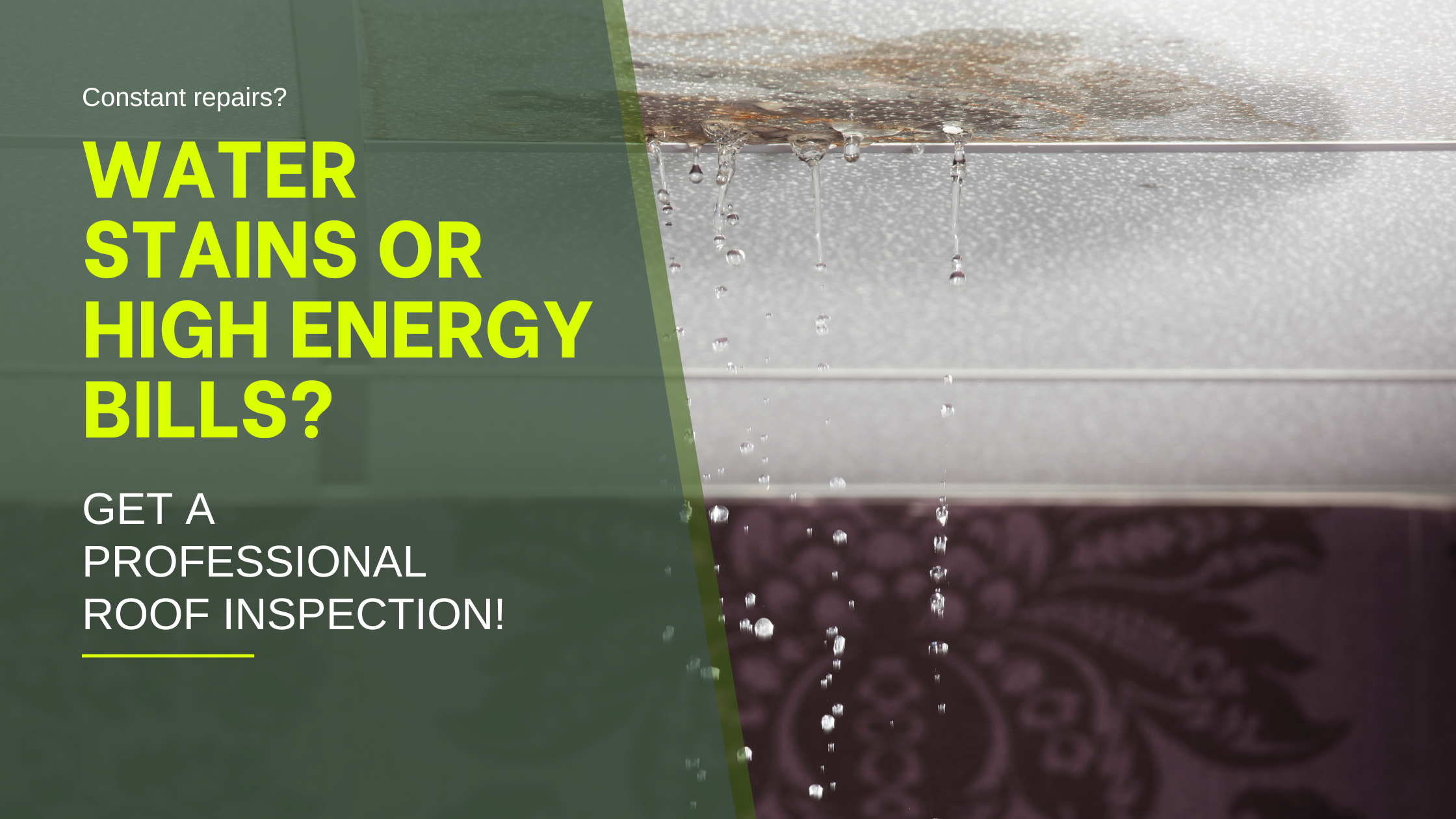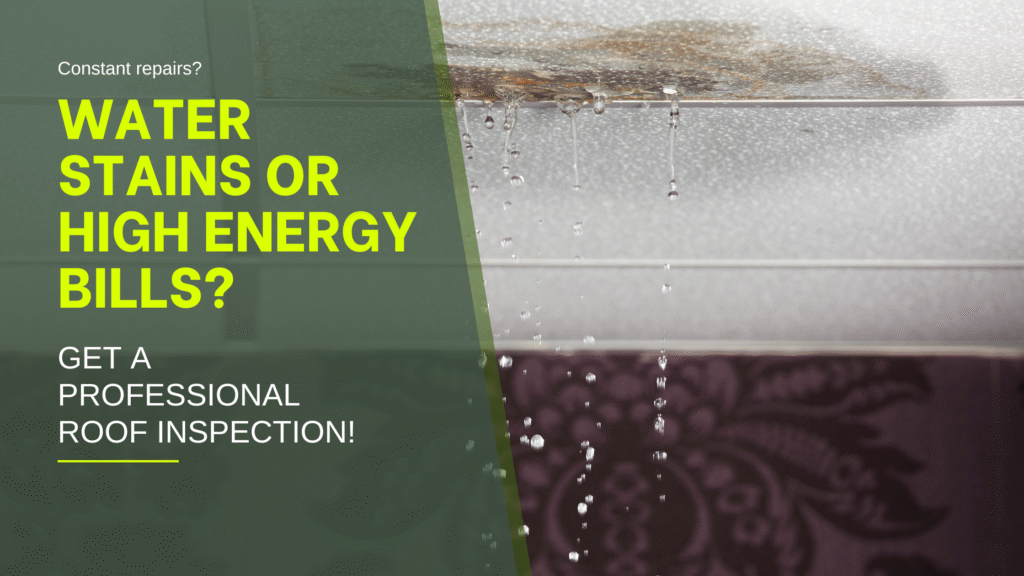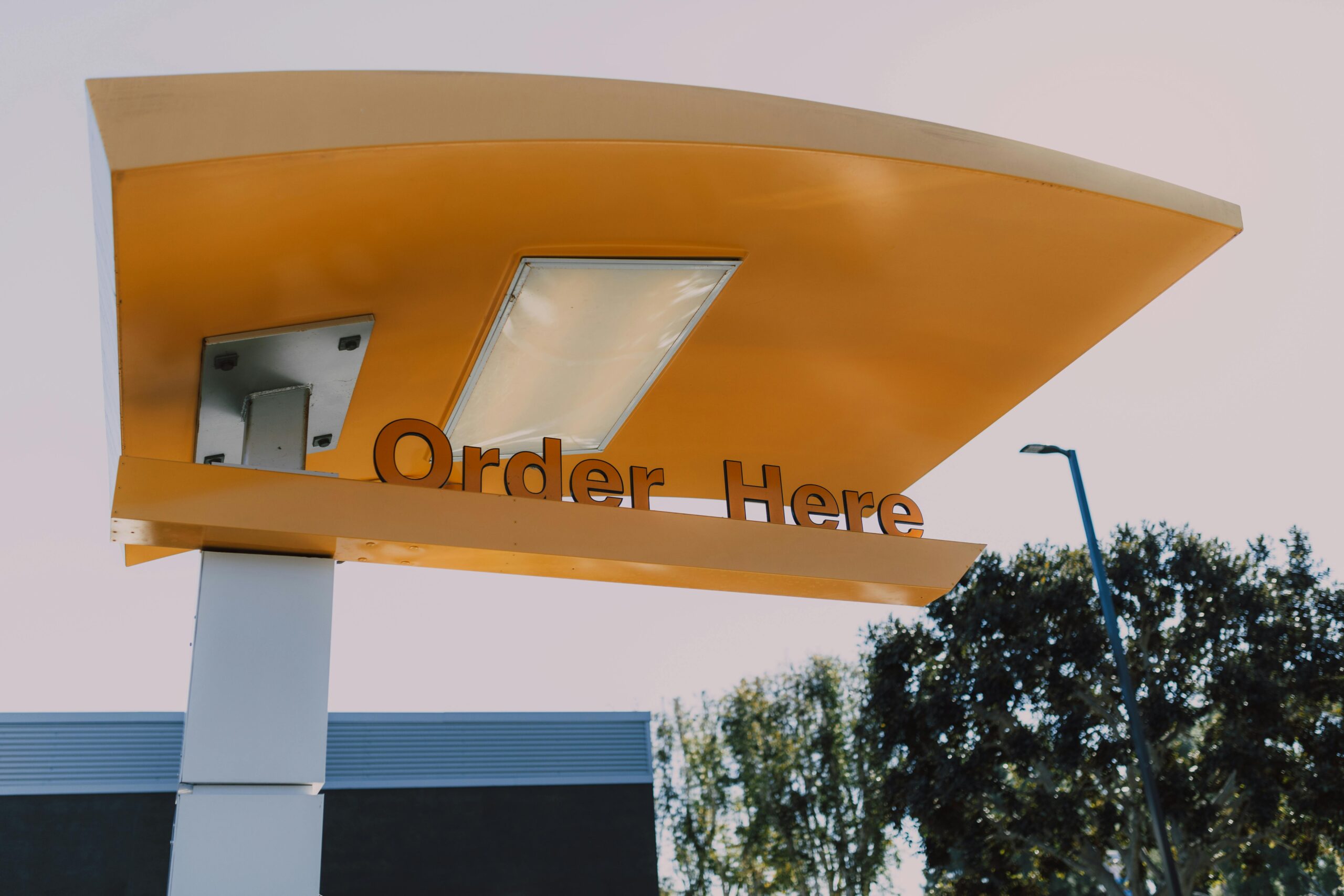Your commercial roof is like the unsung hero of your business. It stands tall, day in and day out, protecting everything underneath from the elements. But just like any hero, it can get worn down over time. Knowing when it’s time for more than just a quick fix is super important. Ignoring the signs could lead to bigger, more expensive problems down the road. Let’s dive into how you can tell if your roof needs some serious attention.
The Silent Worker: Why Your Roof Matters
Think of your commercial roof as the lid on a giant box. That box holds everything your business needs—inventory, equipment, and of course, your team. A good roof keeps everything safe and dry. But when that lid starts to leak or wear out, things inside can get damaged fast. It’s not just about water; a bad roof can mess with your energy bills, interrupt your work, and even put people at risk. So, paying attention to your roof is a smart business move.
What to Look For: Signs Your Roof Might Need a Change
Sometimes, your roof tells you it needs help, but you have to know what to listen for. Here are some clear signs that something might be up:
Visible Damage: Take a walk around your building. Look up at the roof (from a safe distance, of course!). Do you see any cracks? What about blisters, those bubble-like bumps? Punctures or holes are a big red flag. And look for pooling water. A little bit of water after a rainstorm is normal, but if you see puddles that stick around for days, that’s a problem. These signs are like your roof shouting, “Hey, I need attention!”
Leaks Inside: This one’s pretty obvious. If you see water stains on your ceilings or walls, or even drips, you’ve got a leak. Don’t just ignore these! They’re signs that water is getting through your roof and into your building. [Space for link: Learn more about common commercial roof leak causes.] Ignoring a leak can lead to mold, damaged equipment, and a lot of headaches.
Feeling the pinch from your energy bills? A failing roof might be the hidden cause! When your roof’s insulation breaks down, your building struggles to maintain a comfortable temperature. This forces your heating and cooling system to work overtime, much like trying to keep a fridge cold with its door ajar. The result? Higher bills! In fact, poor roof insulation can increase energy costs by up to 25%.
Everything has a lifespan, and your roof is no different. Even if it looks okay from the ground, it might be nearing the end of its useful life. Most commercial roofs last between 15 and 30 years, depending on the material. Most commercial TPO roofs last between 20-30 years. If your roof is getting up there in age, it’s time to start thinking about what’s next.
Frequent Repairs: Are you constantly calling someone to patch up leaks? If you feel like you’re on a first-name basis with your roofer, that’s a sign. Frequent repairs often mean there’s a bigger problem that needs to be addressed. It’s like putting a band-aid on a broken arm—it might cover the issue for a bit, but it won’t fix the real problem.
Why You Need a Pro: Beyond the Obvious
You might think you can spot all the problems with your roof from the ground, but there’s a lot you can miss. That’s where a professional roof assessment comes in. Here’s why it’s so important:
It’s Hard to See Everything from the Ground: Unless you have a drone or a way to safely get up on your roof, you’re not going to see everything. Professionals have the tools and know-how to get a good look. They can spot things like hidden damage, small cracks that could turn into big leaks, and weak spots you wouldn’t notice from below.
They Have Specialized Tools and Expertise: Roofers don’t just climb up and look around. They use special tools to check for moisture, test the roof’s condition, and get a clear picture of what’s going on. They also have the knowledge to understand what they’re seeing. It’s like taking your car to a mechanic—they know what to look for and how to fix it.
They Can Identify Hidden Damage and Future Problem Spots: An experienced roofer can often tell if something is likely to become a problem in the future. They can see the early signs of wear and tear and suggest preventative measures. This can save you money and headaches in the long run by stopping problems before they get big.
They Provide an Unbiased, Detailed Report: When you hire a professional for a roof assessment, you get a written report. This report will tell you the exact condition of your roof, any problems they found, and what they recommend. It’s an unbiased opinion from someone who knows roofs inside and out. This report can be super helpful when you’re deciding what to do next.
Making the Decision: Repair or Replace?
Once you have a clear understanding of your roof’s condition, you have to decide what to do. Should you repair it, or is it time for a replacement? Here’s what to consider:
Repair: If the damage is minor and localized, a repair might be enough. This could mean patching a few leaks, fixing some blisters, or replacing a small section of the roof. Repair is often the cheaper option in the short term.
Replace: If your roof is old, has widespread damage, or has had lots of repairs already, a replacement might be the better choice. Replacing a roof is a bigger investment upfront, but it can save you money in the long run by preventing future problems and improving energy efficiency. Plus, a new roof comes with a warranty.
Sometimes, Replacement Is More Cost-Effective: It might seem strange, but sometimes replacing your roof is actually cheaper than continuing to repair it. If you’re constantly fixing leaks and dealing with problems, you’re throwing money away on temporary solutions. A new roof can give you peace of mind and save you from ongoing repair costs.
Don’t Wait Until It’s Too Late
Not sure about the health of your commercial roof? Don’t wait until you have a major leak or a disaster. Let ARS Roofers provide a no-obligation, expert roof assessment. Schedule an Inspection. We’ll give you clear answers you can trust, so you can make the best decision for your business. Your roof protects everything you care about—make sure it’s up to the job.




